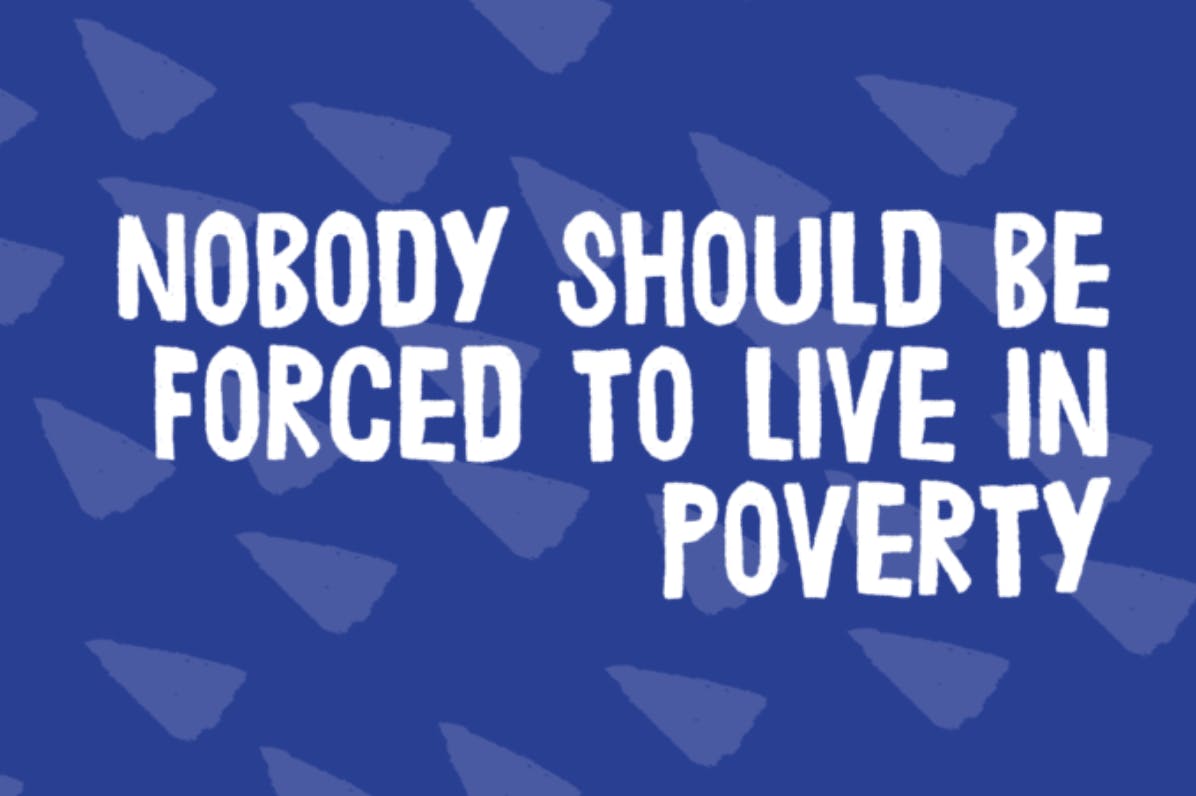Our Policy Manager, Philippa Rousell, responds to the Government's plans to address rising energy costs and how they will impact people we support
Yesterday’s announcement that the energy price cap will rise by 54% in April is devastating for the people we support, many of whom are already facing acute poverty and financial exclusion alongside challenges that include experiences of homelessness, abuse, exploitation and more.
While some households may be able to scrimp and save to make ends meet – fewer meals out, a cheaper holiday abroad, switching to a cheaper supermarket – the people we support already do not receive enough to make ends meet and already find themselves facing increasing debts.
To illustrate this point, let’s take a look at how much a person claiming Universal Credit has to spend. A single person over 25 on Universal Credit gets £324.84 per month. Let’s say they’re spending £30 on water and £15 on their phone per month. The average household energy bill is going to go up to £164 a month, so that leaves £115 a month for food and any other necessities. Very difficult, but not impossible to live on, you might think, especially if they’re in a smaller home and efficient with their energy. But this is the best case scenario we’re looking at.
Let’s look at a more common scenario than this. As there aren’t enough affordable one-bed social housing properties, a lot of people have to pay for an extra room which might cost around £50 per month. They also might have deductions of up to £81. Combined with water and phone bills, we’re down to £148 a month, and that’s before we even get to energy or food. Or if you’re under 25 and get the lower Universal Credit rate, you’re left with £81 for energy and food. And this is before taking into account arrears, bus fares, broadband, clothing, toiletries or hobbies.
This is unacceptable.
We welcome the Government’s interventions today, including a £150 rebate on council tax bills for homes in Bands A-D, a £200 ‘discount’ on energy bills in October to be repaid in instalments over the next five years, and £144 million in discretionary funding for local councils to help those on low incomes as well as expanding eligibility for the Warm Home Discount.
But these measures do not go far enough. They only account for half the increase in energy bills for the average household. Furthermore, many people we support will not even be able to benefit from the Government’s interventions. People on low incomes already receive council tax rebates, at varying amounts depending on their local authority. Someone who is already receiving a 100% rebate on council tax won’t benefit at all. It’s also currently unclear how the £200 loan will apply to those on pre-payment meters, which are more common amongst people on low incomes, and it will not go far in helping those already in arrears.
While the £144 million for local councils may go some way towards alleviating these pressures, we are concerned that this will only scrape the surface of supporting the 22% of people in England who are living in poverty and the 3.8 million low income households across the UK who are in arrears.
Furthermore, in our experience, funds like this vary in how many hoops people have to jump through to access them. For example, when the Household Support Fund was released, some local authorities understood the challenges that people face and did their best to simplify the process, whilst others would not give out money without people first proving that they had exhausted all other options, including negotiating with their energy supplier and accessing food from a foodbank. When more well-off households are being offered support through a very simple process, people on low-income facing high levels of stress should not have to fight for the ability to heat their homes.
Whilst we welcome the efforts the Government has made to soften the blow, there is more that they could do, particularly for those on low incomes. We would like to see an increase in the rate of Universal Credit that actually reflects the cost of living. Someone who is claiming benefits should not have to apply for additional one-off payments from their local authority – they should be given the dignity and opportunity to make ends meets.



